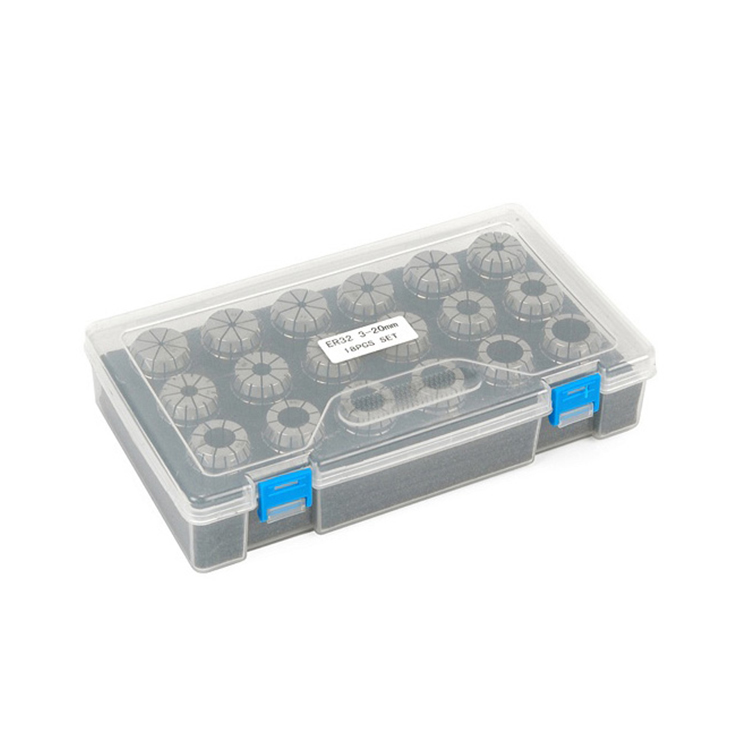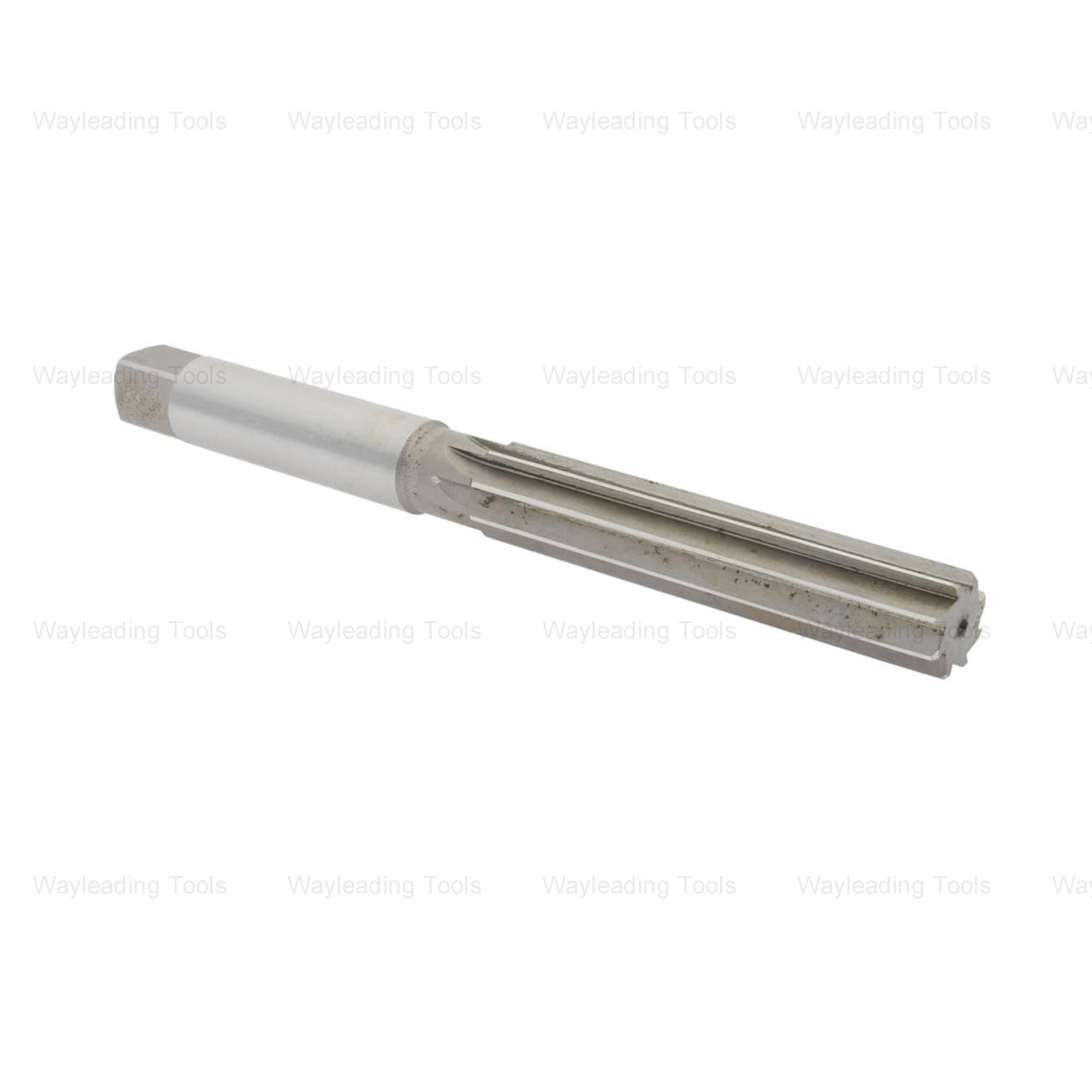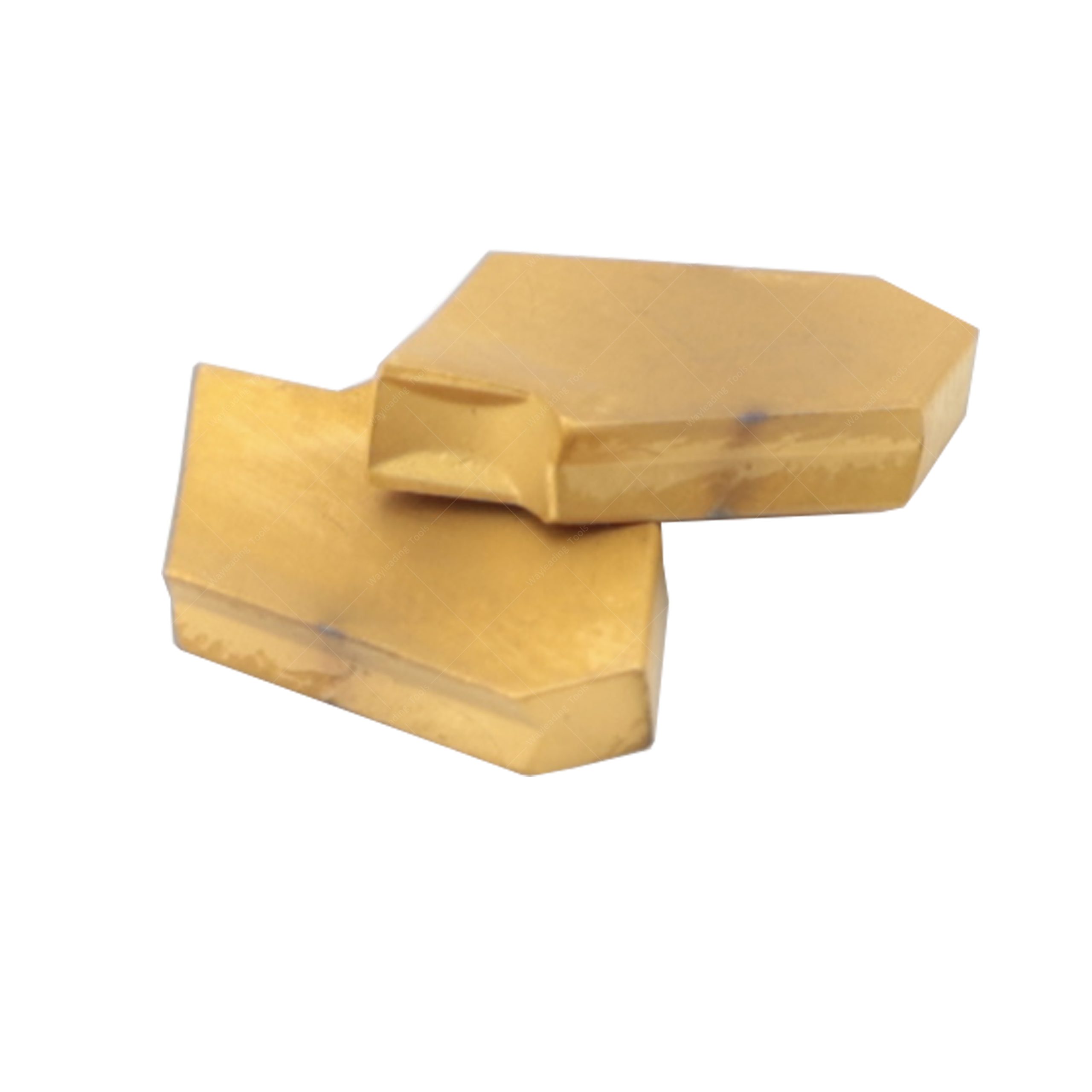Threading Taps Factories
Threading taps are essential tools used to create internal screw threads in various materials. This guide provides an in-depth look at threading taps, focusing on the manufacturing processes, different types, selecting the right tap, and best practices from reputable threading taps factories.
Understanding Threading Taps
What are Threading Taps?
Threading taps are cutting tools used to create internal threads in holes. They are available in a variety of sizes, materials, and designs, each suited for specific applications and materials. Understanding the nuances of each type is crucial for efficient and accurate threading.
Types of Threading Taps
Several types of threading taps cater to different needs:
- Hand Taps: Typically sold in sets of three (taper, plug, and bottoming). These are used manually with a tap wrench.
- Machine Taps: Designed for use in power-driven machines like drill presses or CNC machines, allowing for faster and more precise threading.
- Spiral Point Taps (Gun Taps): Feature a spiral point that pushes chips ahead of the tap, making them ideal for through holes.
- Spiral Flute Taps: Have spiral flutes that pull chips back out of the hole, best suited for blind holes.
- Forming Taps (Roll Taps): Rather than cutting threads, these taps form threads by displacing material. They are stronger and produce no chips.
The Manufacturing Process in Threading Taps Factories
Material Selection
Threading taps factories carefully select materials based on the intended use of the taps. Common materials include:
- High-Speed Steel (HSS): Offers good wear resistance and toughness, suitable for a wide range of materials.
- Cobalt HSS (HSS-E): Contains cobalt for increased heat resistance, ideal for harder materials.
- Carbide: Provides exceptional hardness and wear resistance, best for abrasive materials and high-speed applications.
Manufacturing Steps
- Blank Preparation: The process begins with preparing the tap blank, which is typically a cylindrical piece of steel.
- Flute Grinding: Flutes are ground into the blank to create cutting edges and provide chip clearance.
- Thread Grinding/Cutting: Threads are formed using precision grinding or cutting techniques.
- Heat Treatment: Taps undergo heat treatment to achieve the desired hardness and toughness.
- Surface Treatment: Surface treatments like titanium nitride (TiN) coating can improve wear resistance and reduce friction.
- Quality Control: Each tap is inspected to ensure it meets strict dimensional and performance requirements.
Selecting the Right Threading Tap
Considerations for Material
The material being tapped is a critical factor. Soft materials like aluminum require taps with different geometries than harder materials like stainless steel. Consider the following:
- Aluminum: Spiral point or spiral flute taps often work well.
- Steel: HSS taps are generally suitable.
- Stainless Steel: Cobalt HSS or carbide taps are recommended due to the material's hardness and work-hardening tendencies.
Thread Type and Size
Ensure the tap matches the required thread type (e.g., Metric, UNC, UNF) and size. Use a thread gauge to verify the existing threads if you are chasing or repairing them.
Hole Type
Consider whether you are tapping a through hole or a blind hole. Spiral point taps are best for through holes, while spiral flute taps are better for blind holes.
Best Practices for Using Threading Taps
Preparation
Ensure the workpiece is securely clamped and the hole is properly sized for the tap. Using a drill size chart is essential for accurate thread creation.
Lubrication
Use appropriate cutting fluid or lubricant to reduce friction, dissipate heat, and improve tap life. Different materials require different lubricants.
Technique
Apply consistent pressure and turn the tap slowly and steadily. Avoid forcing the tap, as this can lead to breakage. Back off the tap periodically to break chips and allow lubricant to flow.
Leading Threading Taps Factories: Wayleading Tools
When sourcing threading taps, choosing a reputable manufacturer is crucial. Wayleading Tools (www.wayleading.com) is a leading provider of high-quality threading taps. With a commitment to precision and durability, Wayleading Tools offers a wide range of taps for various applications. Our extensive product line and expert technical support make us the ideal partner for your threading needs.
Troubleshooting Common Tapping Problems
Tap Breakage
Tap breakage is a common issue. Possible causes include:
- Incorrect drill size: A hole that is too small increases the load on the tap.
- Insufficient lubrication: Increases friction and heat.
- Forcing the tap: Applying excessive pressure.
- Hard material: Using an inappropriate tap for the material being tapped.
Poor Thread Quality
Poor thread quality can result from:
- Dull tap: A worn tap produces rough or inaccurate threads.
- Incorrect tapping speed: Too high a speed can cause overheating and poor thread formation.
- Lack of alignment: Ensure the tap is aligned properly with the hole.
Advanced Threading Techniques
CNC Threading
CNC machines offer precise control over tapping parameters, allowing for high-volume production and consistent thread quality. Using rigid tapping cycles and high-performance machine taps optimizes the process.
Power Tapping
Power tapping involves using specialized tapping attachments or machines to automate the threading process. These attachments provide consistent torque and speed, reducing the risk of tap breakage.
The Future of Threading Taps
The threading taps industry continues to evolve, with advancements in materials, coatings, and manufacturing techniques. Threading taps factories are constantly innovating to meet the demands of modern manufacturing. Expect to see more widespread adoption of carbide taps, advanced coatings, and smart tapping solutions that incorporate sensors and data analytics to optimize performance and predict tool life.
Choosing the right tap from reliable threading taps factories like Wayleading Tools, combined with proper technique and maintenance, will ensure accurate and efficient threading for all your projects.
Source: Wayleading Tools Product Catalog (www.wayleading.com)
Related products
Related products
Best selling products
Best selling products-
 Parting & Grooving Tool Set With SLTB Blcok, NCIH Blades, GTN Inserts
Parting & Grooving Tool Set With SLTB Blcok, NCIH Blades, GTN Inserts -
 Precision Magnetic Base With Fine Adjustment For Dial Indicator
Precision Magnetic Base With Fine Adjustment For Dial Indicator -
 ER Collet Set With Hight Precision Milling
ER Collet Set With Hight Precision Milling -
 Type E Oval Tungsten Carbide Rotary Burr
Type E Oval Tungsten Carbide Rotary Burr -
 Inch Solid Carbide Twist Drill With Internal Coolant & External Coolant
Inch Solid Carbide Twist Drill With Internal Coolant & External Coolant -
 HSS Metric Square Tool Bit With Industrial Type
HSS Metric Square Tool Bit With Industrial Type -
 HSS Hand Reamers – Metric & Inch Sizes, Straight or Spiral Flutes
HSS Hand Reamers – Metric & Inch Sizes, Straight or Spiral Flutes -
 Precision Digital Bore Guage From 6-450mm Range
Precision Digital Bore Guage From 6-450mm Range -
 R8 Hex Collet With Inch and Metric Size
R8 Hex Collet With Inch and Metric Size -
 Precision Vernier Caliper With Nib Style Jaws Of Metric & Imperial For Industrial
Precision Vernier Caliper With Nib Style Jaws Of Metric & Imperial For Industrial -
 HSS Annular Cutters With Weldon Shank For Metal Cutting
HSS Annular Cutters With Weldon Shank For Metal Cutting -
 Type B Cylinder Tungsten Carbide Rotary Burr
Type B Cylinder Tungsten Carbide Rotary Burr











